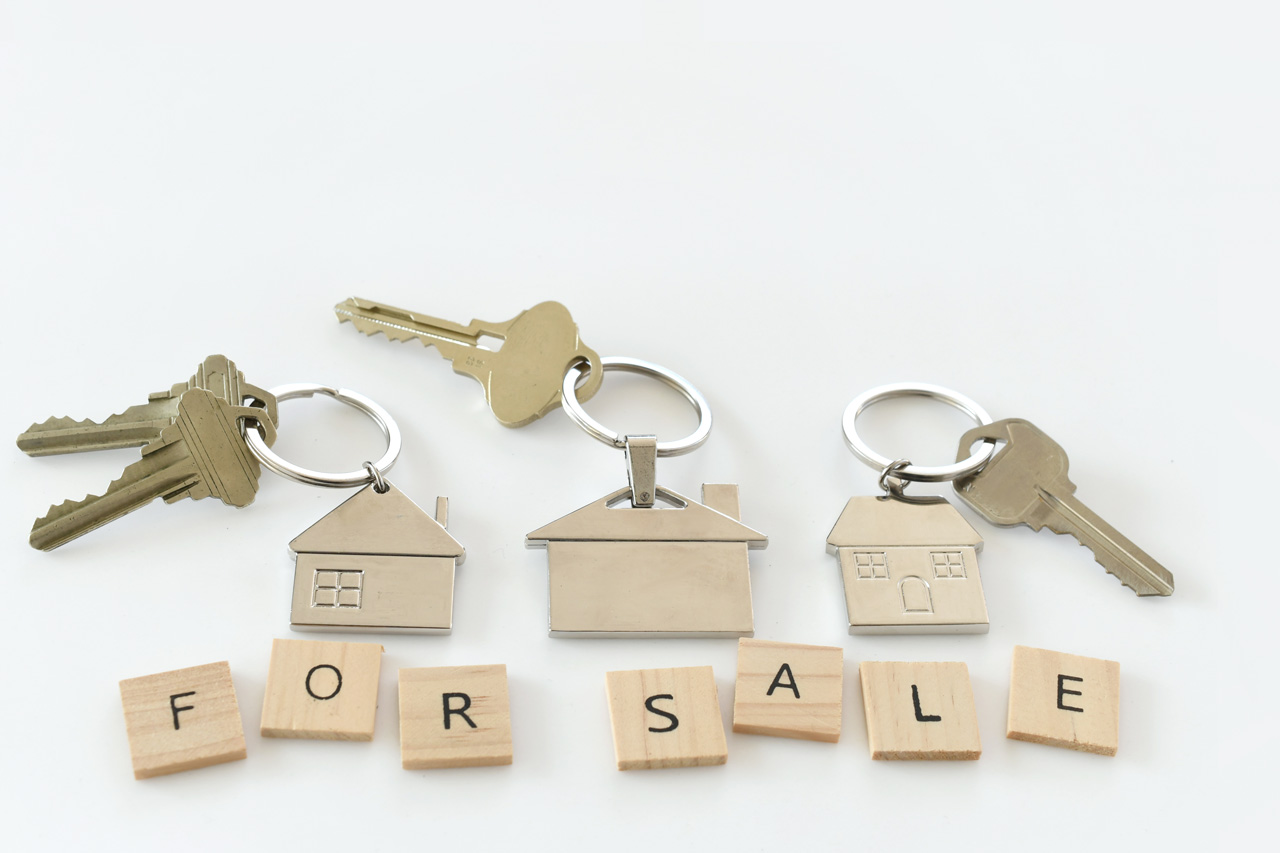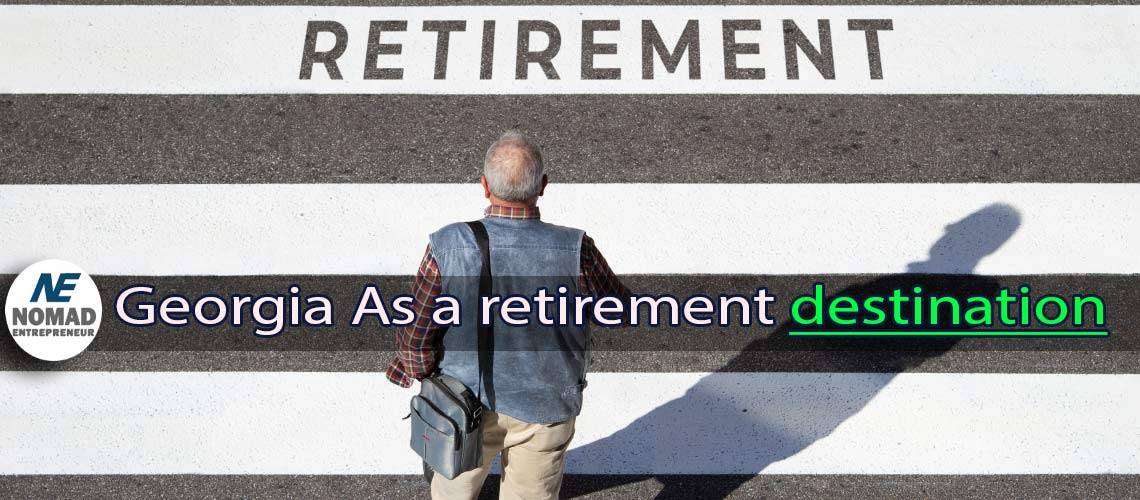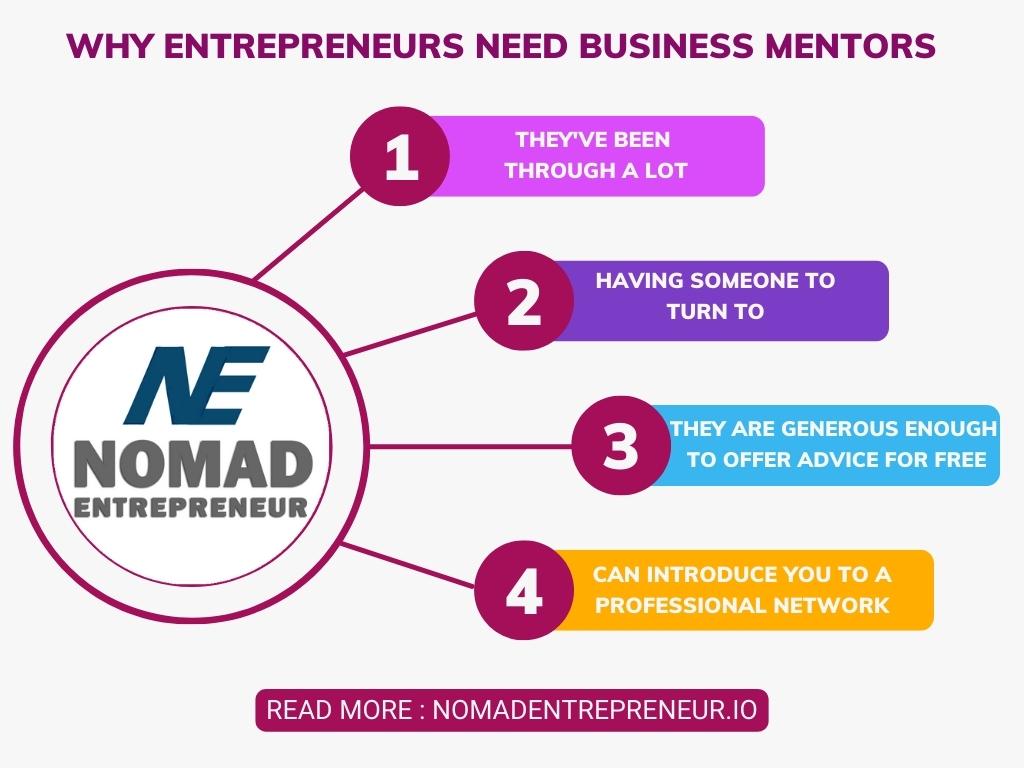Women are one of the main driving forces of Georgia. The practice of the past years has shown that the holding of advanced positions by women has already become significantly more frequent, which only brings positive results.
Numerous examples of Georgian leader women are already known worldwide; we can mention our president, Salome Zurabichvili, or world-known chess champion Nona Gafrindashvili.
Georgia is making progress toward protecting women’s rights in all spheres of life and bringing policies and laws in line with international standards, including the European Union directives.
The main goal is to establish a strong legal framework to promote, enforce and monitor gender equality and prevent all forms of discrimination.
Georgia has made significant progress in adopting antidiscrimination legislation and numerous policies in support of the protection and promotion of women’s rights.
You might also like reading this:
Kidnapping Marriage in Georgia
Relevant legislation
The Constitution of Georgia prohibits discrimination based on sex – All people are equal before the law.
Here, the Constitution specifies equal rights for women and men. The country ensures equal rights and opportunities for men and women.
Georgia takes special measures to ensure the essential equality of men and women and to eliminate inequality. The country has regulations to prohibit all forms of discrimination and law on gender equality, which directly responds to the above-mentioned provision of the Constitution.
According to this law, direct discrimination is considered to be the treatment or creation of conditions that put a person in an unfavorable position compared to other persons in similar conditions while exercising the rights established by the legislation of Georgia, under any sign, including gender.
The same law applies to the principle of equal treatment: on the terms of employment, labor, remuneration, and termination of employment.
The Parliament and the Government of Georgia are responsible for achieving high standards of gender equality.
The Gender Equality Council has been established within the Parliament of Georgia, and the government uses the Interagency Commission on Gender Equality, Violence against Women, and Domestic Violence to fulfill this mission.
Elimination of discrimination and ensuring equality is also supervised by the Public Defender of Georgia, who, in case of discrimination, addresses the relevant institution or person with a recommendation to restore the rights of the victim of discrimination if it is impossible to resolve the case by themselves.
International organizations working in Georgia
There are some international organizations working on these important topics. In particular, they try to ensure the ending of violence against women, peace, and security, mainstreaming gender into national planning and budgeting, economic empowerment of women, and intergovernmental support.
They work to support cooperation between communities and local governments to address women’s priorities and needs, as well as supporting internally displaced, conflict-affected, and ethnic minority women’s mobilization into self-help groups so that they can actively participate in local planning, and budgeting, and decision-making.
UN Women
UN Georgia has been operating here since 2001 (on behalf of UNIFEM) with the implementation of the first regional project – “Women for Conflict Prevention and Peacebuilding in the South Caucasus.”
It must be admitted that at the beginning of the 2000s, the issue of gender equality was dynamic. UN Georgia tries to encourage informal dialogue between public diplomacy and the parties to the conflict.
A survey of the needs of women affected and displaced by the conflict after the August 2008 Russian war provided a clear vision of the main challenges and humanitarian interventions.
In the following years, UN Women became the empowerment of women and the active involvement of women affected by the conflict in the post-conflict processes. In 2013, UN Women appointed its representative in Georgia and established an office.
The current work of the UN Women aims to assist state and non-governmental partners in achieving gender equality high level in Georgia. In connection with national and international commitments, UN Women works at the levels of policy and legislation, institutions, and the wider community to achieve tangible results in promoting gender equality and improving the rights of women and girls.
The Council of Europe
The Council of Europe project aims to support the efforts of government officials in the fight against women, violence, and domestic violence, as well as the protection of victims, the punishment of perpetrators, and the promotion of gender equality.
The Council of Europe focuses on providing up-to-date information and knowledge on European standards, in particular on the Council of Europe Convention on the Prevention and Prevention of Violence against Women and Domestic Violence (Istanbul Convention).
The project focuses on increasing knowledge and capacity for the Istanbul Convention and promoting the sharing of best practices, analyzing gaps in policy and practice, develop training modules, materials, and practical tools such as textbooks and awareness-raising materials.
The project supports training, distance learning courses, and study visits to Council of Europe member states to share experiences. It also helps to strengthen the capacity of public officials (representatives of the legal profession, social workers, etc.) to improve their response to cases of violence against women and domestic violence, to raise public awareness on the prevention of violence against women and domestic violence, including gender equality.
The total budget of the project is 800 000 Euros. The project started on January 1, 2020, and will last until December 31, 2022. They work in coordination with:
Public Defender’s Office;
Ministry of Internal Affairs;
General Prosecutor’s Office;
Ministry of Internally Displaced Persons from the Occupied Territories, Labor, Health and Social Affairs;
High School of Justice;
Common Courts.
The project additionally collaborates with various governmental and non-governmental, international, and donor organizations working in the field of violence against women and domestic violence.
Differences from an economic point of view
The role of the state is crucial in promoting gender equality in labor relationships. However, no less important role is played by the companies themselves, which are engaged in this type of activity.
In Georgia, over the years, a significant difference between the salaries of women and men has been a critical problem.
The average number of this difference was 50.9% in 2006, but today this number has dropped to 36.2%. This is why companies are the main driving force that pays the same salary to women compared to men based on their education, experience, and skills. They help raise women’s awareness, improve their skills and employ them.
They have a better chance of hiring the best workforce, meeting regulatory requirements for a diverse workforce, and creating an image of a responsible company.
At the same time, they will be better able to meet the social responsibility indicators that investors are paying attention to.
You might also like reading this:
Social attitudes and development
Despite the rather harsh assessments from international studies, it is necessary to recognize the steps taken by Georgia for development.
Women’s rights have been evolving in recent decades, which is also defined by the issue of mandatory quotas, examines laws and policies adopted from 2017 through 2021 to promote women’s political and economic participation, eliminate gender-based discrimination and violence, and ensure the protection of women’s rights in the labor market and the healthcare and civil sectors.
Its analytical insights and recommendations serve to inform gender-sensitive law-making in the coming years. and assess legislative initiatives undertaken in the last five years to better protect women from sexual harassment, implement electronic surveillance against abusers, protect maternal and newborn health, eliminate harmful practices, including early/child marriage and gender-biased sex selection, and integrate the equal pay principle into the Labour Code of Georgia.
It also notes that gender quotas, implemented during the recent parliamentary (2020) and local (2021) elections, serve to increase women’s participation in politics and decision-making.
Conclusion
Georgia has made significant progress by strengthening the antidiscrimination mechanism and passing laws prohibiting sexual harassment in public and the workplace.
Also, the reform of the Labor Code gave new rights and protections to women in labor relations. In the light of the changes, efforts should be stepped up to remove barriers to ensure effective implementation of gender equality goals, as well as active coordination between relevant state and non-state agencies.
It is important to note that according to the Organization for Economic Co-operation and Development (OECD), based on a 50% reduction in gender inequality in the workforce, it is possible to increase member states’ GDP by 6% by 2030. International experience shows that investing in women and ensuring their participation is important not only for their individual but also for the socio-economic development of the community.
At the same time, increasing women’s employment opportunities has a positive impact on the development of both the business and the local economy.
Georgia strengthens multisectoral efforts to make sure that women and girls here are empowered and have universal access to any right: ensures that women’s voices are fully represented in the legislative processes; ensures full harmonization with international standards and best practices in order to achieve the provision of quality services, collecting quality data, implementation of comprehensive sexuality education, etc.
Institute for Development of Freedom of Information (IDFI)
International Labour Organization
Council of Europe Office in Georgia
Sources and Citations











